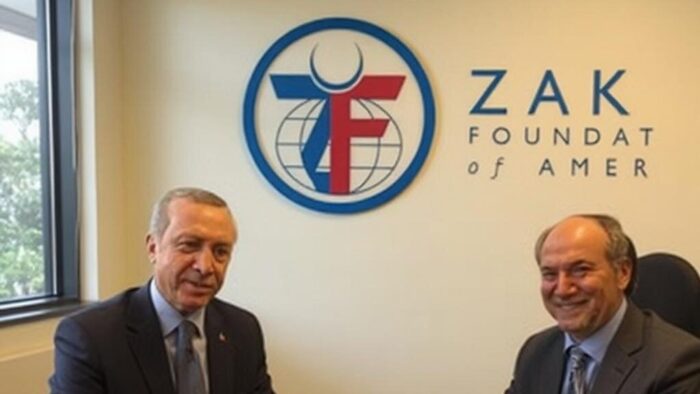NATO’s Centre of Excellence for Countering Hybrid Threats has published a study assessing Lithuania’s measures to counter Russian disinformation, arguing that by building resilience and imposing costs, the efforts by Lithuanian authorities and NGOs yielded considerable results. According to the study:
The measures taken by the Lithuanian authorities and supported by various initiatives taken by the media, NGOs and civil society have yielded considerable results. Firstly, measures employed to build resilience and to deny the perceived benefits narrowed the possibility of exploiting the information space as society became less susceptible to dis-information, and the available channels to spread disinformation in Lithuania decreased dramatically. Secondly, a rather hawkish stance (albeit not violating European or national laws or norms) has demonstrated the resolve and the will to impose costs if adversarial actions are deemed unacceptable. This stance has been supported by various civil society initiatives, indicating the widespread willingness to respond to unacceptable adversarial behaviour. Lastly, institutional changes, and cooperation between the government, the media and civil society (as well as international cooperation between governments and institutions) has created the agility needed to respond to information threats.
The most recent disinformation campaigns have largely failed to escalate to any great extent. For example, in April 2020, a forged letter purportedly sent by NATO Secretary-General Jens Stoltenberg claimed that Enhanced Forward Presence Battlegroup forces were withdrawing from Lithuania because of Vilnius’ inability to cope with the Covid-19 pandemic. This attempt to sow confusion or discord between the international partners via a disinformation campaign was rather easily neutralized before it had a chance to esca-late. Capable monitoring and analysis, established partnerships, and the awareness of all parties led to effective strategic communication, as the fake message hardly received any news coverage.
A combination of measures designed to deny benefits but also impose costs – temporary suspensions of Russian TV broadcasts – established precedents that were deemed legitimate by the international courts. This is another important achievement that might serve as a basis for a European-wide response to media manipulation.
Read the full study here.
The study lists the following actions Lithuanian authorities and NGOs applied to counter Russian disinformation:
- Russian TV broadcast suspension or ban
- Tightening media rules and regulations
- Boosting information space/media monitoring
- Establishment or empowerment of the strategic communication bodies in key institutions
- Creation of a mechanism for strategic communication coordination on national security matters
- International partnerships and initiatives, using multilateral institutions.
- Civil campaign ‘Lithuanian elves’ – active citizens fight-ing disinformation online
- eu – an AI-driven platform for media monitoring
- Increased academic research and public surveys
- Media literacy projects dedicated to vulnerable groups
- Social media campaigns – various initiatives created to pursue one’s own narrative
- Media projects for fact-checking and debunking
Based on the Lithuanian experience, the study proposes the following policy recommendations to deter hostile actors from using hybrid means such as disinformation:
- Enhancing legal regulation of the information space.
- Moving from responsive ‘crisis communication’ to preventive ‘strategic communication.’
- Broadening the understanding of what constitutes a disinformation threat.
- Supporting and fostering private, civil and non-governmental initiatives that are working on the issue.
- Looking for hybridity – disinformation is a means to an end, not an end in itself.
In January, we recommended a report on Russian disinformation efforts directed against Poland and the Baltic States. In the same month, we recommended another NATO study analyzing Russia’s (dis)information influence in the Nordic-Baltic region.





